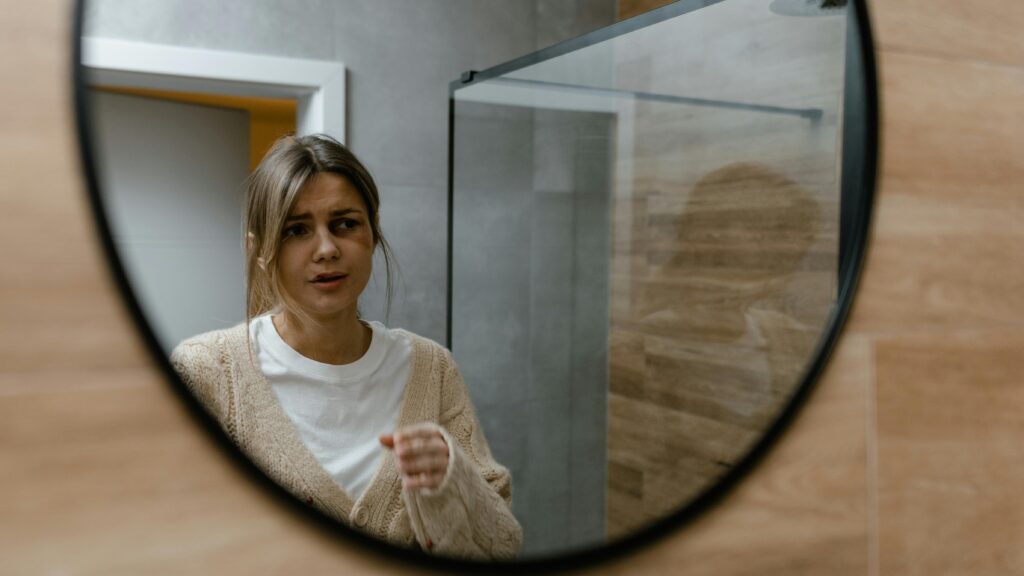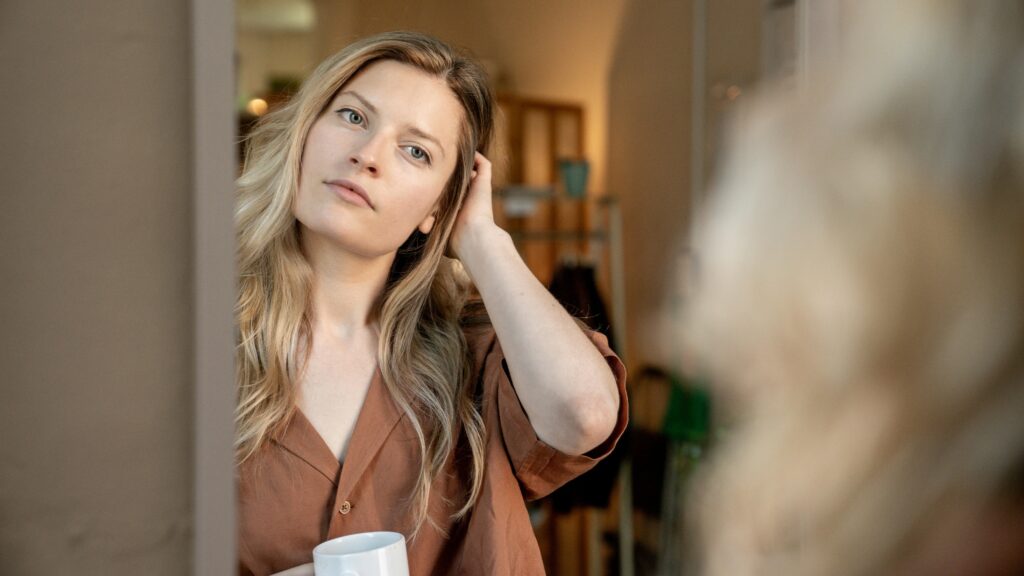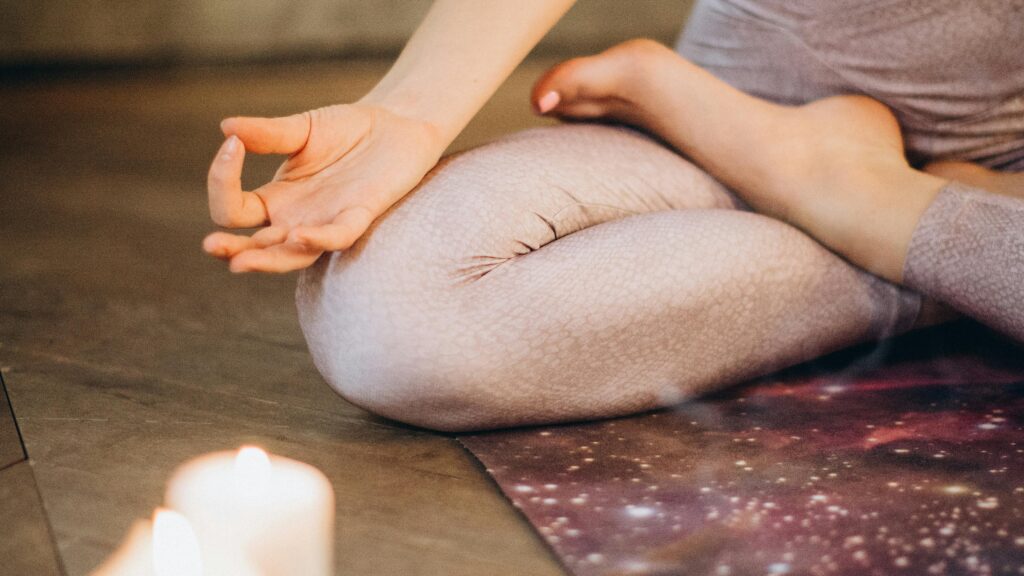Call for Self-Awareness and Introspection Before You Judge

In an age where judgment has become not only a reflex but often a form of entertainment, wrapped in hashtags, filtered through memes, and echoed in echo chambers, it has never been more important to pause and reflect on the origin of our opinions about others. We live in a culture where it’s easy, even encouraged, to offer unsolicited critiques of someone else’s life, decisions, or identity. But here’s a truth we often overlook: unless you have done the difficult and uncomfortable work of examining your own heart, your own wounds, and your own motives, your criticism of others holds no credibility. It is not a truth-telling mission. It is a projection.
Let’s begin with a foundational principle: self-awareness must precede judgment. To observe is natural. To assess is human. But to judge? That requires a standard, and if that standard has not been honed by introspection, experience, and empathy, it becomes a weapon instead of a guide. Before we point fingers, we must ask: What part of myself is speaking right now? Is it compassion, or is it fear? Is it clarity, or is it ego?
Too often, judgment is not about the person being judged. It’s about the one doing the judging. It’s a mirror turned outward instead of inward, a subtle sleight of hand that distracts from the judge’s own chaos, insecurity, or unresolved hurt. The harshest criticisms are rarely analytical; they’re emotional. They aren’t just reactions to behavior but manifestations of inner conflict.
Let’s go deeper.

The Psychology of Projection
Projection is a psychological defense mechanism. It allows people to avoid confronting unpleasant truths about themselves by attributing those truths to others. Instead of acknowledging our own fear, we label someone else as anxious or weak. Instead of facing our own hidden shame, we mock someone else’s vulnerability. And instead of wrestling with our own worthlessness, we devalue others.
When you encounter criticism, especially the kind that feels more like a character assassination than a constructive dialogue, it’s important to recognize that you might not be the true target. You might simply be the surface onto which another person is splashing their unresolved darkness. Their words may be less about your behavior and more about their inability to sit with their own self-loathing.
Judgment becomes a self-soothing act for those unwilling to do the inner work. And the more intense and moralizing the judgment, the more likely it is a form of projection. Fear cloaked as righteousness. Shame disguised as moral authority.

The Theater of Ego
Many people confuse judgment with insight. But wisdom is quiet. It watches. It reflects. It speaks with precision and compassion. Ego, on the other hand, needs to be seen. It needs to win. Ego wants to label, categorize, and diminish because it feels threatened. And when you’ve built your sense of worth on the illusion of superiority, you need others to be “less than” so that you can feel “more than.”
This leads to the theater of public shaming, where people seek validation not through authenticity, but through demeaning others. A momentary high. A fleeting sense of power. But all rooted in the same core fear: If I am not better than them, who am I?
So we must ask: what are we really afraid of? That someone lives differently than us? Loves differently? Believes differently? Or are we afraid that their freedom exposes our own self-imposed cages?

The Inner Critic Turned Outward
Many people live with an abusive inner monologue. That voice, inherited from critical parents, oppressive institutions, or societal programming, tells them they are not enough. Not lovable. Not worthy. And when that voice becomes too much to bear, it seeks release. It turns outward.
When someone tries to make you feel small, remember this: it’s not about you. It’s about their need to project their own feelings of inadequacy. When they use guilt, shame, fear, or intimidation, it’s not because you’ve failed. It’s because they have not healed.
They want you to feel what they feel but can’t face, worthlessness, fear, insecurity. So they sling those emotions at you and call it truth. But it’s not truth. It’s trauma.

The Work of Being Human
The real work of being human is not to critique others, it’s to confront ourselves. To ask: Why does this bother me? Why does this person’s freedom feel like a threat? What part of me feels unseen, unloved, unworthy?
Until we’ve stared into our own shadows, we have no right to speak about someone else’s light or darkness. Self-awareness does not mean we never speak truth to others. It means we do so with humility, understanding that we, too, are in progress. We, too, are flawed. We, too, are learning.
That’s where real credibility comes from; not from being perfect, but from being honest about our imperfections.

Final Thoughts
Before you judge someone, stop. Reflect. Ask yourself what part of you is speaking. If it’s fear, heal it. If it’s ego, humble it. If it’s pain, soothe it. Only when we’ve done our own inner work can we see others clearly and not as objects of criticism, but as fellow travelers.
You do not need to shrink to accommodate someone else’s projection. And you do not need to internalize a judgment that was never about you in the first place.
You are not here to be small. You are here to be free.
Don’t operate from hate, bitterness, or control. live with intention, with gentleness, with a soul that prefers openness over armor. The loudest critics are often those who do the least self-reflection, those most terrified by someone who is unapologetically whole.
It’s strange, isn’t it? That people who preach virtue feel justified in vilifying someone who causes no harm—someone who simply chooses a different rhythm, a freer skin, a softer footfall.
Their disgust says more about them than me.
And I will not carry the burden of their projections, and neither should you!



